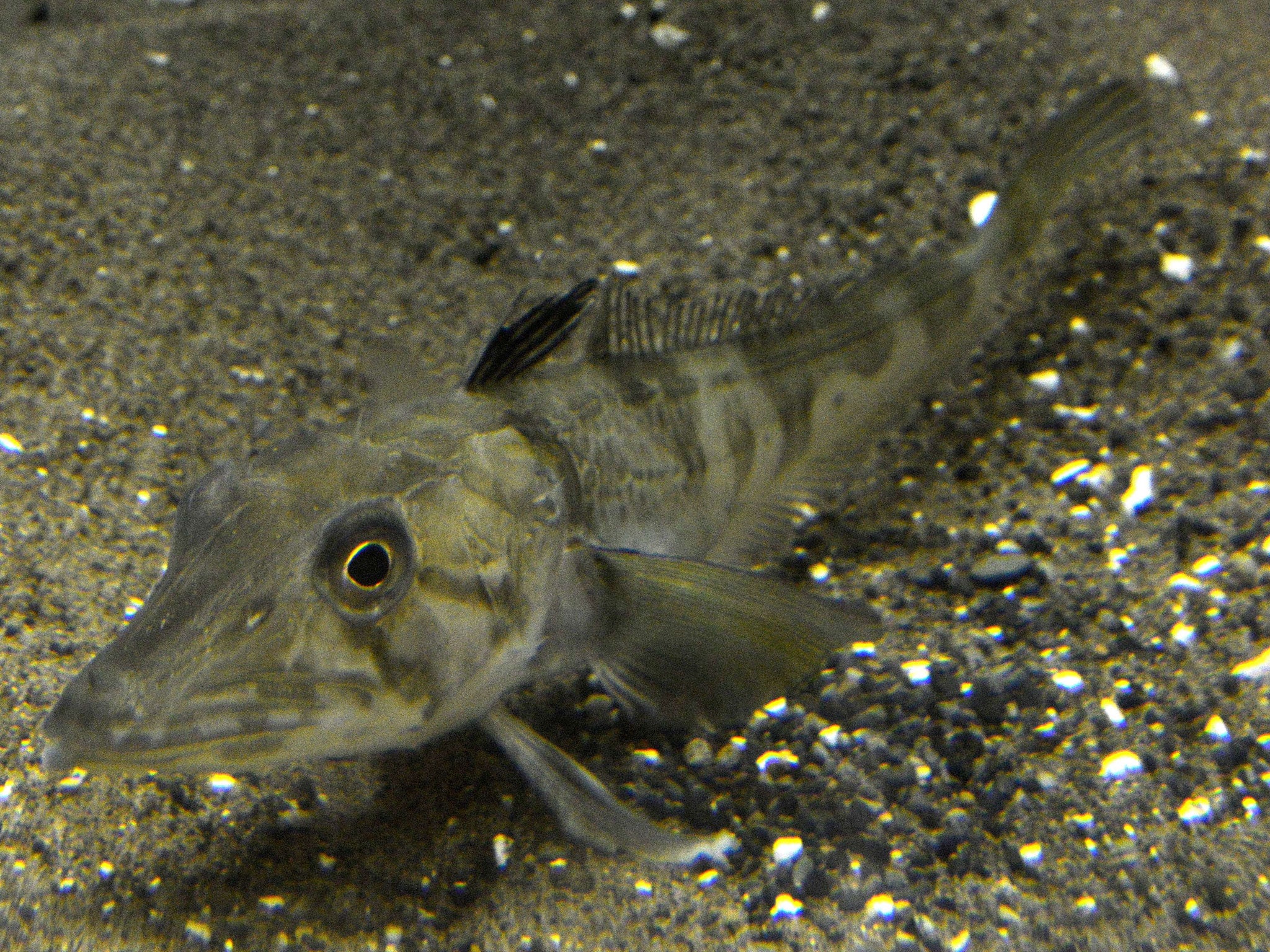Japanese aquarium shows off mysterious fish with clear blood

Your support helps us to tell the story
From reproductive rights to climate change to Big Tech, The Independent is on the ground when the story is developing. Whether it's investigating the financials of Elon Musk's pro-Trump PAC or producing our latest documentary, 'The A Word', which shines a light on the American women fighting for reproductive rights, we know how important it is to parse out the facts from the messaging.
At such a critical moment in US history, we need reporters on the ground. Your donation allows us to keep sending journalists to speak to both sides of the story.
The Independent is trusted by Americans across the entire political spectrum. And unlike many other quality news outlets, we choose not to lock Americans out of our reporting and analysis with paywalls. We believe quality journalism should be available to everyone, paid for by those who can afford it.
Your support makes all the difference.The deep blue sea is home to many a strange creature - giant squids, fish that look like blobs, and jellyfish that look like UFOs - but now we can add transparent-blooded fish to that list of strange-but-true animals.
Experts at Tokyo Sea Life have researched into the Ocellated Ice Fish, which lives in the freezing waters of the Antarctic Ocean, and have found that it manages to live in exactly the same way that other fish do, but with clear blood.
The fish is an anomaly - every animal with bones requires Haemoglobin, as the protein carries oxygen around the body. It's also the protein that makes blood red.
It's a real prize for the Tokyo Sea Life Park, as it's the only aquarium in the world to have this species of fish, which was brought back to Japan in 2011 by krill fishermen.
Satoshi Tada, an education specialist at the centre, said that very little is known about the intriguing fish. The centre has a male and a female which spawned in January, and he believes that having more fish to study might help scientists discover more secrets about how the fish can live without haemoglobin.
So far, researchers believe that the Ocellated Ice Fish can live without the haemoglobin protein because it has a large heart and uses blood plasma to circulate oxygen through its body. Its skin - which has no scales - is also thought to be able to absorb oxygen from the surrounding waters.
Tada told AFP: "Why is it the fish lost haemoglobin? More studies are needed on the question."
Join our commenting forum
Join thought-provoking conversations, follow other Independent readers and see their replies
Comments